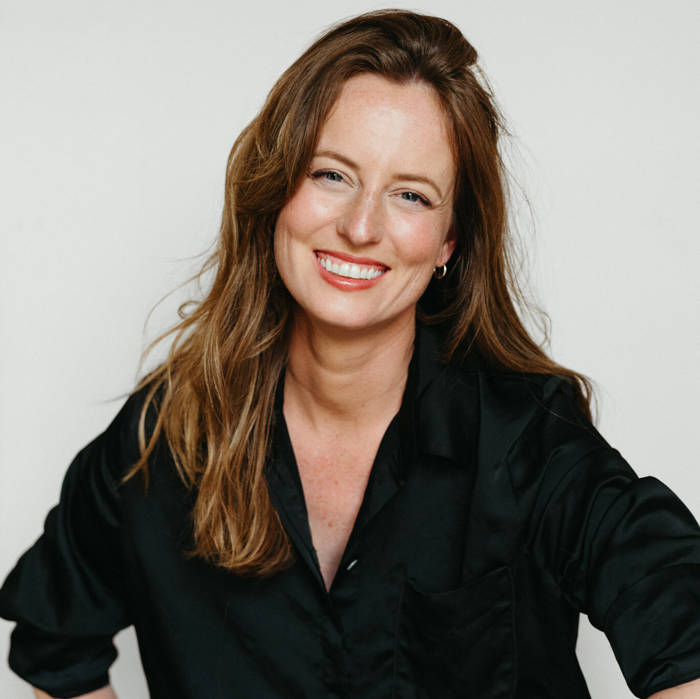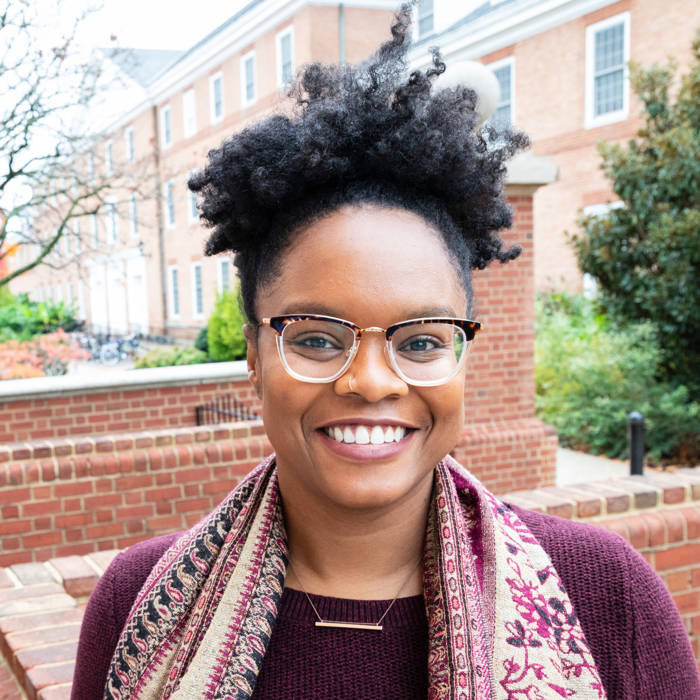How Teachers Can Utilize Motor Learning Feedback to Accelerate Learning
Thursday 12th December 2024, 5:00 PM - 7:00 PM (London Time)
Communication is possibly the most important single aspect of training a singer. Feedback is an essential and quantifiable aspect of instructor-student communication. The research in the emerging field of evidence-based voice pedagogy has been directed primarily to the technical aspects of voice training, i.e. respiratory management, registration, and resonance. However vital these elements of teaching are, the method in which these are taught is as essential to the process of the student’s ability to learn and retain skills. Singing is a motor skill which involves the coordination of respiratory, laryngeal, pharyngeal, and articulatory muscles. Motor learning is a process that leads to a relatively permanent change in coordinated and skilled muscle movement. This change is an increased proficiency for skilful movement. Feedback is essential to improve the efficiency of skilled acquisition of motor skills. The timing, frequency, and content of feedback can allow a student to acquire skills more proficiently.
In this course, we look at how the mind and body acquire the skills to become proficient in singing and how teachers, through their communication, can best facilitate the rate and retention of motor skill acquisition.
🏷️ Price £30 (UK VAT inclusive)
🎥 Recording automatically sent to all who book (even if you cannot attend live)
▶️ Rewatch as many times as you like
📜 Certificate of attendance available
Dr Colin Johnson
Dr. Colin B. Johnson, bass-baritone, is a dynamic educator, performer, and researcher. Dr. Johnson enthusiastically teaches private voice lessons in a variety of genres including both classical and contemporary commercial music.

Attend this course for as little as £22 as part of the Voice Professional Training CPD Award Scheme.
Learn MoreSorry, this is an archived short course...
We have plenty of upcoming short courses coming soon. See details of some of them below or look at the full list of short courses.

Tuesday 22nd July 2025
5:00 PM - 7:00 PM
Tuesday 29th July 2025
5:00 PM - 7:00 PM
Tuesday 5th August 2025
5:00 PM - 7:00 PM
Tuesday 12th August 2025
5:00 PM - 7:00 PM
Tuesday 19th August 2025
5:00 PM - 7:00 PM
Tuesday 26th August 2025
5:00 PM - 7:00 PM
(London Time)
Certificated Public Speaking Coach qualification - with John Henny

John Henny
Would you like to be a certified public speaking coach? Join the renowned John Henny for this exciting new online course! This six-week online certification course is designed to equip voice teachers with the specialised skills needed to work with public speakers, corporate trainers, educators, and presenters. Unlike a general public speaking course, this program is specifically tailored to train-the-trainer, giving voice professionals structured methodologies, coaching techniques, and applied skills to enhance vocal delivery, confidence, and influence in professional speakers.

Thursday 24th July 2025
5:00 PM - 6:00 PM
(London Time)
Transitioning From Soprano To Mezzo-Soprano - Pedagogical Approaches!

Dr Caitlin Moore
This workshop will explore the considerations for transitioning from soprano to mezzo-soprano. We will examine the history and vocal science related to voice classification as well as interviews with singers and voice teachers. Interviews feature singers who have experienced this Fach change themselves, as well as voice teachers who have helped singers navigate this shift.


Tuesday 29th July 2025
5:00 PM - 7:00 PM
(London Time)
Towards a Jazz Pedagogy: Lessons from Legends and Educators!

Dr Autumn Griffin
Join Dr Autumn Griffin as she explores the foundational tenets of jazz pedagogy as both a conceptual and practical framework for teaching, in this two-hour workshop. Drawing from her research in “Towards a Jazz Pedagogy: Learning with and from Jazz Greats and Great Educators,” she’ll investigate how jazz (its historical and cultural legacy, structure, improvisation, and relationality) can be mobilized to inform dynamic, liberatory educational practice!
